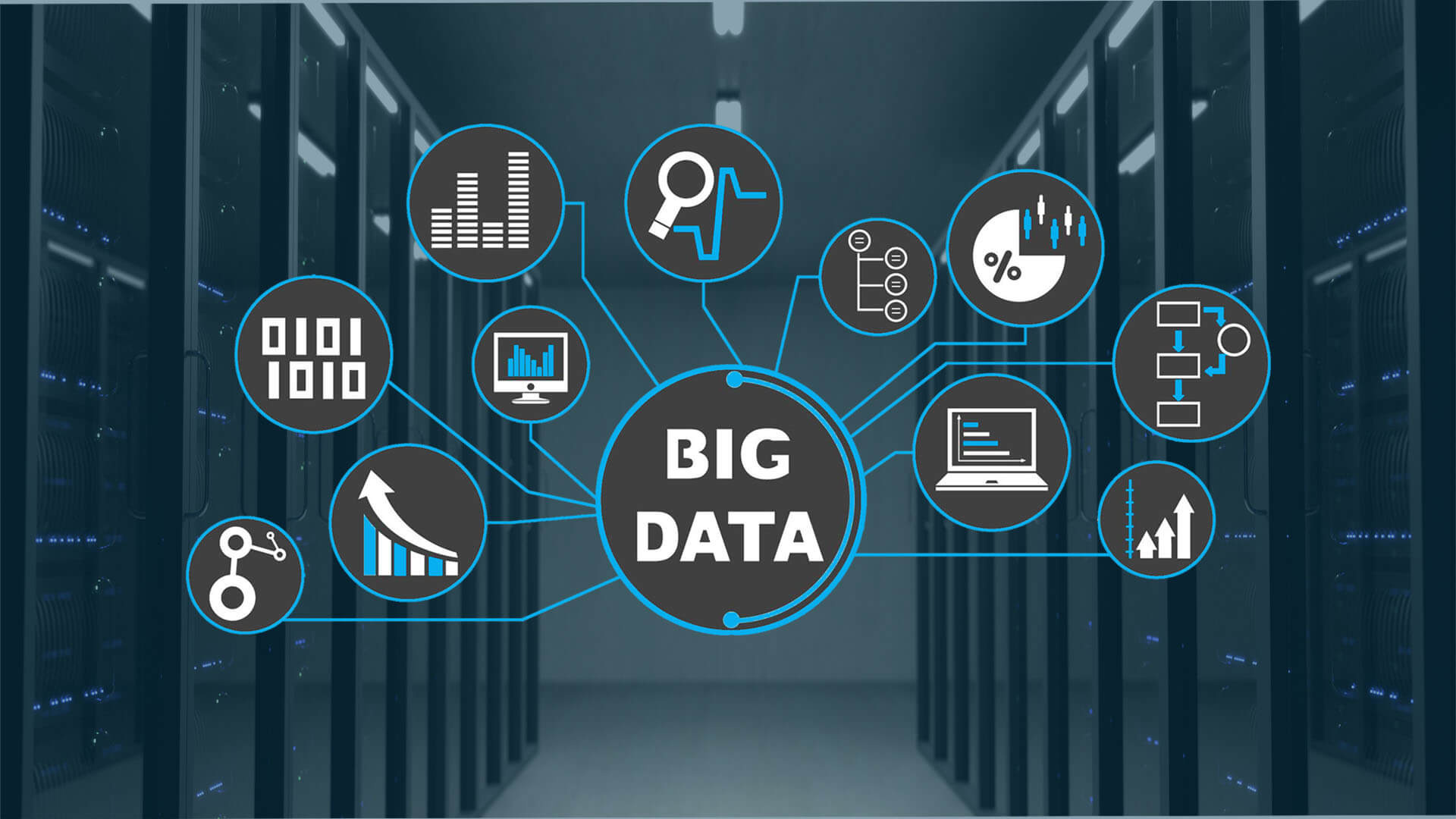In the digital era, businesses face an explosive growth of data from various sources such as social media, sensors, transactions, and customer interactions. To extract value from this vast volume of data, companies are increasingly turning to Big Data— not only as a technological trend but also as a key to driving smarter decision-making and enhancing competitiveness.
In this article, we will explore Big Data and its essential role in modern business data analytics.
Understanding the Concept and Core Characteristics
What is Big Data?
Big Data refers to massive, diverse sets of data including structured, semi-structured, and unstructured formats that grow exponentially over time. These datasets are so large, fast, and varied that traditional data management systems cannot effectively store, process, or analyze them.
The rapid growth in data volume and accessibility is driven by advances in digital technology such as connectivity, mobile devices, the Internet of Things (IoT), and Artificial Intelligence (AI). As data continues to expand, new Big Data tools have emerged to help businesses collect, process, and analyze data at the necessary speed to maximize value.

The Three Vs of Big Data
Big Data is often described using the "3 Vs" as defined by Gartner in 2001:
- Volume
Refers to the massive amounts of data generated from various sources, continuously increasing over time. - Velocity
Data is generated and transmitted in real-time or near real-time, requiring fast processing and analysis to have an immediate impact. - Variety:
Data comes in many forms from different sources: structured (spreadsheets, databases), unstructured (text, images, video, audio), and semi-structured (sensor data).
Extended Characteristics of Big Data
- Veracity: Data may be noisy, inaccurate, or incomplete, affecting analysis quality and decision-making.
- Variability: The meaning and collection methods of data may change over time, leading to inconsistencies.
- Value: Data must be effectively filtered and analyzed to generate valuable insights that drive business.
How Does Big Data Work?

Big Data plays a crucial role in modern business analytics. Its core principle is: the more data a business can observe, the deeper it can analyze and the more accurate decisions it can make to identify growth opportunities and improve business models.
Three key stages for maximizing Big Data’s impact:
- Integration: Collect large volumes of data from multiple sources, process, and convert it into formats suitable for analysis.
- Management: Store big data in the cloud or on-premises systems, ensuring data is accessible, real-time-ready, and scalable.
- Analytics: Extract and analyze data to generate valuable insights, often visualized through dashboards or charts to support decision-making.
The Role of Big Data in Modern Business Analytics
Big Data is not just a storage tool it serves as the foundation for business analyticsWhen effectively utilized, Big Data helps organizations make better decisions, streamline processes, and achieve sustainable growth.
Supporting Strategic Decision-Making
Big Data allows businesses to deeply analyze market data, customer behavior, and consumption trends, enabling the development of tailored and effective strategies. Understanding strengths and weaknesses helps optimize action plans, seize opportunities, and mitigate risks in a competitive environment.
Optimizing Processes and Internal Operations
Operational data analysis can uncover bottlenecks or inefficiencies in production, inventory management, logistics, and customer service. This empowers businesses to adjust and improve operations for better productivity, cost savings, and enhanced service quality.
Enhancing Customer Experience
Data from shopping behavior, interaction history, and feedback enables businesses to personalize products, services, and marketing campaigns. This increases customer satisfaction, loyalty, and Customer Lifetime Value (CLV), contributing to sustainable revenue growth.
Benefits of Implementing Big Data in Business
- Phân tích dữ liệu thời gian thực với Big Data: With technologies like Apache Kafka and Flink, businesses can analyze data as it’s generated, allowing rapid responses to market changes.
- Process and Performance Optimization: Integration with ERP, CRM, or other management systems improves productivity, reduces costs, and enhances business efficiency.
- Improved Data Quality and Accuracy: Data cleaning and processing tools eliminate duplicates and errors, increasing the reliability of analytics and decisions.
Future Trends in Big Data and Data Analytics Technologies

While Big Data adoption requires investment and shifts in corporate culture, the benefits are significant:
- 58% of data-driven businesses are more likely to exceed revenue targets.
- Organizations using advanced analytics grow revenue 2.8 times faster than average.
- On average, data-driven businesses grow over 30% annually.
Integrating Big Data with AI, Machine Learning, and IoT
Combining Big Data with technologies like AI, Machine Learning, and IoT enables not just analysis but also trend prediction and process automation. Big Data fuels the adoption of cloud computing and edge computing, reducing hardware costs while increasing scalability and processing efficiency. As Big Data evolves, emerging trends are increasingly prioritized to create long-term competitive advantages.
Expanding Applications Across Industries
Big Data is no longer limited to tech or finance sectors. It’s now widely adopted across industries such as healthcare, education, manufacturing, e-commerce, logistics, energy, and smart agriculture. Efficient use of Big Data enables process optimization, customer experience personalization, early risk detection, and product/service quality improvement. As a result, businesses can establish sustainable competitive advantages, stay ahead of market trends, and quickly adapt to an ever-changing business environment.
Conclusion
Big Data has been and will continue to be at the heart of business data analytics. With its comprehensive data collection and processing capabilities, Big Data enables businesses to understand markets, optimize operations, and enhance customer experiences. Despite challenges related to technology, security, and human resources, investing strategically in Big Data will provide a solid foundation for sustainable growth.
Source: What is Big Data? – Google Cloud
CONTACT INFORMATION:
Wiintek Technology Joint Stock Company
Address: 183C Nguyen Van Dau, Ward 11, Binh Thanh District, Ho Chi Minh City
Hotline: +(84) 929 853 399
Email: wiintek@gmail.com
Website: https://wiintek.com/









